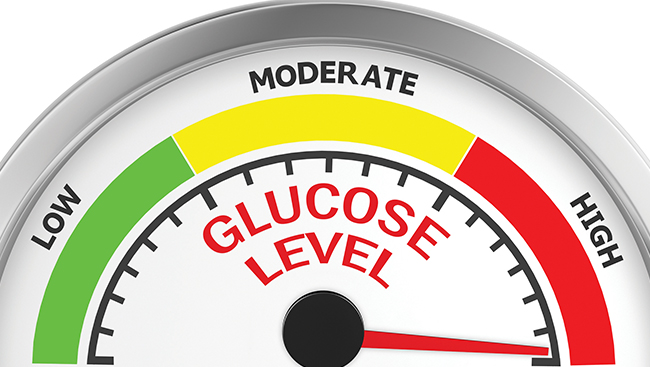Type 2 diabetes is a leading cause of vision loss in Canada. The risk of blindness is 25 times higher for patients with diabetes compared to those without the disease.
The most concerning and terrifying fact about diabetes is the insidious nature of its onset. It is well documented that, by the time a patient with type 2 diabetes is officially diagnosed, they have likely already had the disease for about 5 years.
Over time, increased levels of glucose in the bloodstream cause damage to the small blood vessels in the back of the eye (retina). Eventually, this can lead to weakening of the blood vessel walls, resulting in leakage of blood and fluid into the retina. The primary condition related to vision loss - diabetic retinopathy - can have consequences of varying degrees. Patient symptoms can range from mild blurriness to severe vision loss due to conditions like retinal detachments and large hemorrhages. Diabetes can also increase a person’s risk of developing other ocular conditions such as glaucoma and cataracts.
Studies have shown that signs of diabetic retinopathy in type 2 diabetics can often be detected even before blood sugar levels reach diagnostic levels. This means regular, annual comprehensive eye exams can be vital in early diagnosis of the disease. During this examination, doctors will often use drops to dilate the patient’s pupils allowing them to take a more detailed look at the retina.
As an optometrist, over the years, I have seen patients on both ends of the diabetic retinopathy spectrum. On one end, I have seen the devastating long-term vision loss that can result from uncontrolled hyperglycemia, along with the decreased quality of life and the loss of hope that come with losing one’s eyesight. However, on the other hand, I have seen the incredible rejuvenation of patients who were once on the verge on significant ocular disease. I have seen patients turn their lives around by making the necessary changes in their lifestyle that have led to weight loss, improved vision, and overall better lives.
This disease seems to have nonchalantly found its way into the lives of so many Canadian families but continues to be spoken about like it’s a minor nuisance rather than a potentially serious illness. As if having high blood sugar is some sort of innocuous topic of discussion instead of a truly ominous indicator of poor health.
Diabetes contributes to 30% of strokes, 40% of heart attacks, and 70% of non-traumatic limb amputations. In fact, the effects of diabetes on the public health care system have been so dramatic, it has officials at Diabetes Canada pleading with the federal government to develop a national strategy for intervention, calling it an epidemic. There are currently over 3.5 million Canadians living with Type 1 and Type 2 diabetes. It is projected that number will reach over 4.6 million by 2028. That is a 32% increase in one decade.
Finding a solution to the greater problem of the type 2 diabetes epidemic seems like a daunting task, but we know prevention and early detection at any and every level of the healthcare spectrum is the key.
Managing this epidemic will require a complicated and multi-factorial approach by the government, the health care system, and the public. However, if we narrow our focus, we will find that the starting point is actually quite clear. Start with you. Make the changes that you know are necessary to live a full, healthy life. Eat well, get some exercise, and talk to your doctor. It can be done. I’ve seen it with my own eyes.
Dr. Harbir Sian graduated from the New England College of Optometry 2010. Dr. Sian is the co-owner of Highstreet Eyecare in Abbotsford and Clarity Eyecare in Surrey. He also posts eye-related videos and blogs on his website AboutMyEyes.com.





